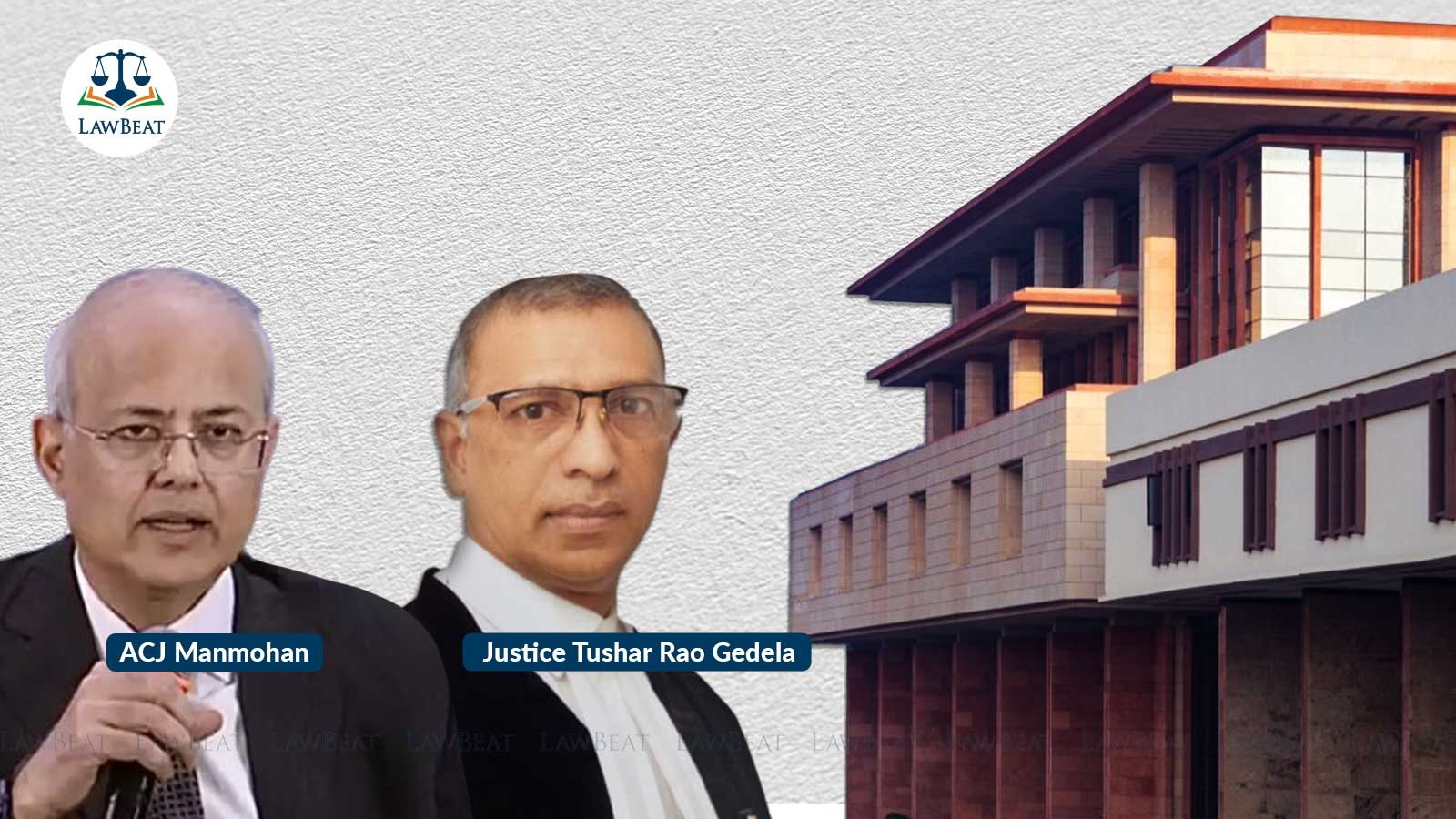Publishing Reasons For Refusing Judgeship To Candidates Will Have Detrimental Effect: Delhi HC

The court, while distinguishing between eligibility and suitability, emphasized, “Eligibility is an objective factor which is determined by applying the parameters or qualifications specified in Article 217(2), whereas, fitness and suitability of a person is evaluated in the consultative process”.
The Delhi High Court, on Tuesday, stated that publishing reasons for refusing judgeship to candidates would have a detrimental effect. The court emphasized that the collegium's decisions are based on private information, and revealing such details could harm the interests and reputations of the individuals involved.
The bench of Acting Chief Justice Manmohan and Justice Tushar Rao Gedela held, “Further, publication of reasons for rejection will be detrimental to the interests and standing of people whose names have been recommended by the High Courts, as the collegium deliberates and decides on the basis of information which is private to the individual being considered”.
The court made such observations in a letters patent appeal filed by a Delhi resident challenging the judgment of the Trial Court wherein the resident’s writ petition was dismissed on the grounds of lack of locus standii.
The resident asserted that he had the locus to file the writ petition as a resident of Delhi, whose cases had been pending in courts due to the lack of appointed judges. He contended that the shortage of judges in the High Courts also resulted in insufficient supervision of District Courts, thereby affecting their functioning.
The resident further stated that the Supreme Court's rejection rate of the High Court's recommendations for the elevation of judges to the High Court was approximately 35.29% in 2023, compared to only 4.38% in 2021. He argued that the Supreme Court Collegium should provide reasons to the High Court Collegium for rejecting its recommendations. He also contended that the Single Judge erroneously considered the eligibility criteria for the appointment of judges under Article 217 of the Constitution as quantifiable and comparable norms for appointment.
The court favored the Single Judge's opinion that vacancies in the High Court have no bearing on the pendency of cases in the District Courts. “In fact, by the end of this year, the actual strength of the District judiciary is virtually going to be at par with its sanctioned strength”, the court added. Consequently, the court agreed with the Single Judge’s opinion that the resident had no locus to file the writ petition.
The court emphasized that the law concerning the appointment of Judges to the Supreme Court and the High Courts is well settled. The Court referred to the opinions of the Supreme Court which has consistently distinguished the eligibility and suitability of a person to be appointed as a Judge of the High Court.
Additionally, the court referred to the case of Advocates-on-Record Association and Others v Union of India (1993) 4 SCC 41, whereby the Supreme Court determined that the scope of judicial review of judges' appointments was limited. The primacy of the judiciary in the appointment process introduced a judicial element, which justified the absence of further judicial review typically required to prevent potential executive overreach or arbitrariness.
The court also stated, “The Supreme Court further held that the element of plurality of judges in formation of the opinion of the Chief Justice of India, effective consultation in writing and prevailing norms to regulate the area of discretion are sufficient checks against arbitrariness”.
The court further clarified that the resident’s claim of ‘rejection’ by the Supreme Court was misunderstood, as he failed to recognize that judge appointments to the High Court or Supreme Court are integrated, consultative, and non-adversarial processes. These appointments cannot be challenged in court unless there was a lack of consultation with the named constitutional functionaries or a lack of eligibility conditions in an appointment or transfer made without the Chief Justice of India's recommendation.
The court highlighted, “The learned Single Judge has therefore correctly noted that this Court cannot sit in appeal over the subjective satisfaction of the Supreme Court collegium”. This Court agreed that the resident’s requested directions were beyond and contrary to the established law.
Accordingly, the court dismissed the appeal.
Case Title: CA Rakesh Kumar Gupta v Supreme Court Of India
